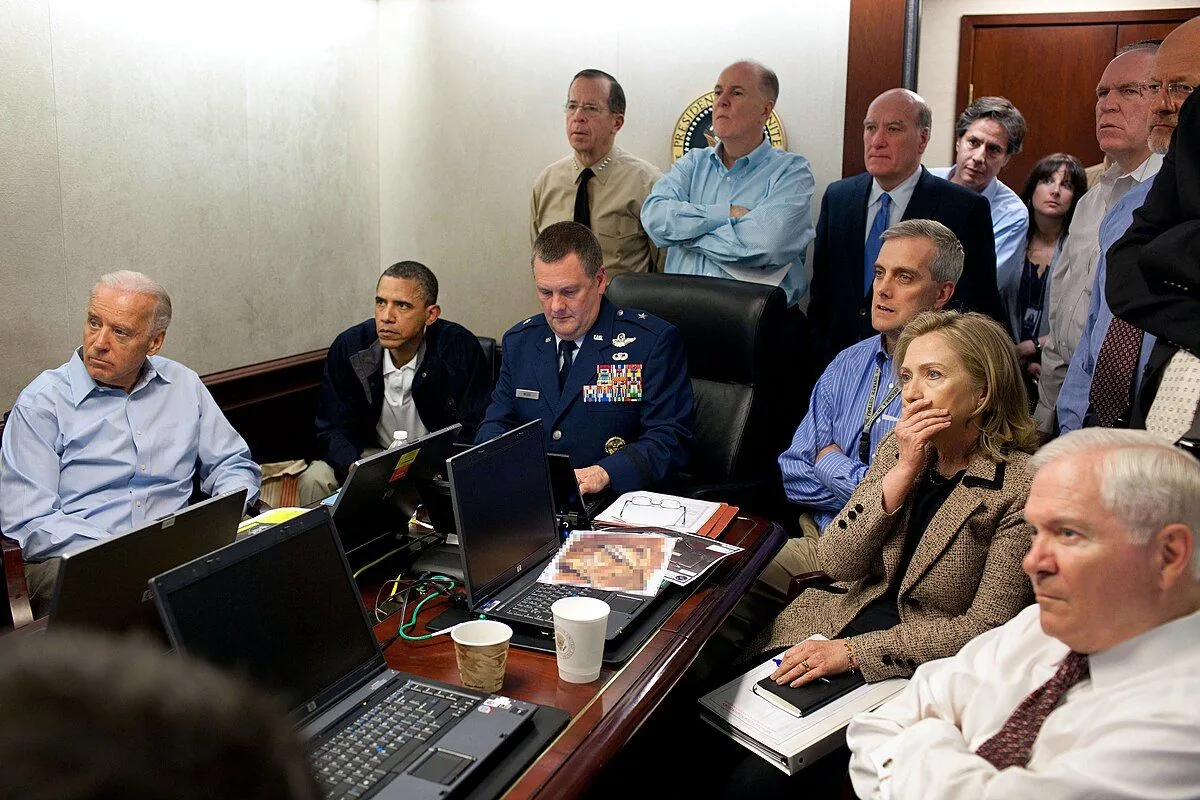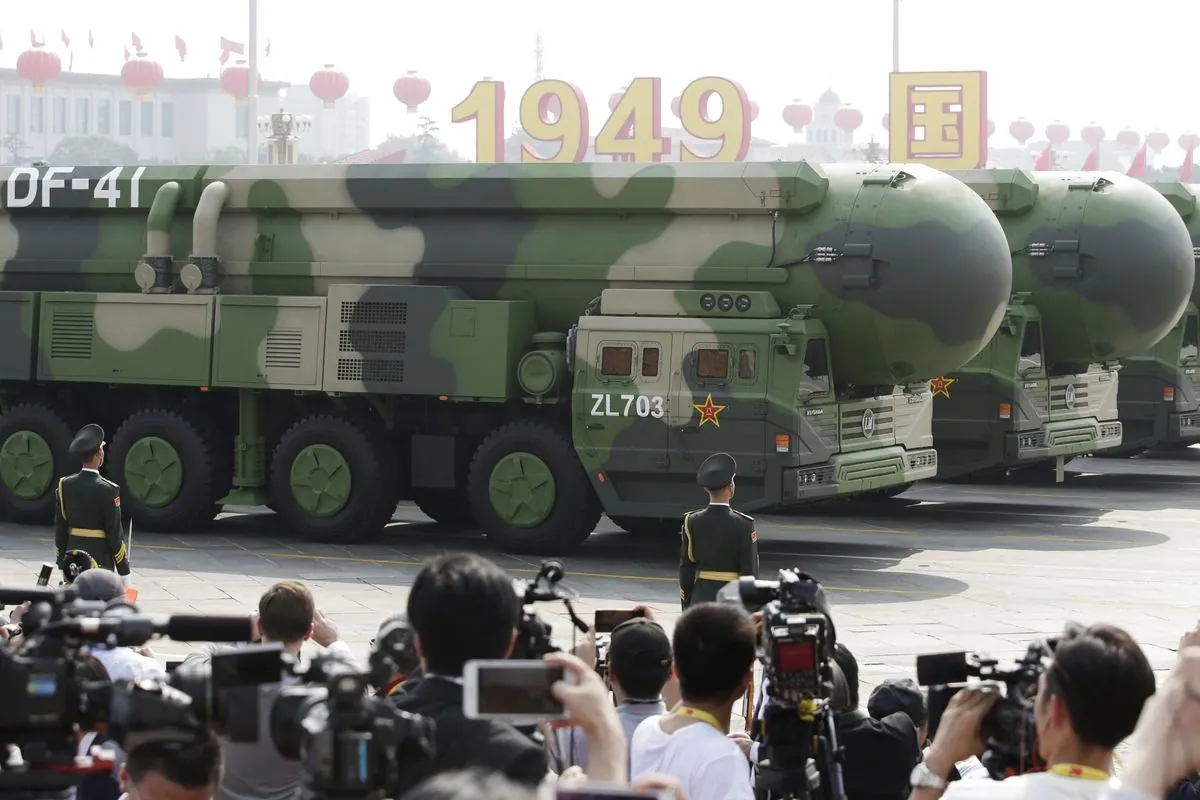US National Security Overhaul Crucial for Next President, Experts Warn
A bipartisan commission urges the next US president to revamp national security strategy, citing outdated approaches and growing threats from China and Russia. Experts call for increased spending and public awareness.

The next US president will face a radically altered strategic landscape, according to a recent bipartisan report. The Commission on the National Defense Strategy, tasked with reviewing the 2022 National Defense Strategy, has concluded that current approaches are insufficient to address urgent threats.
The report highlights several key challenges:
- Ongoing conflicts in Ukraine and Israel
- Stretched US military resources
- Limited defense industrial capacity
- Increasing cooperation between adversaries
China and Russia are seen as the primary strategic competitors, with their "no limits" partnership posing a significant threat to US interests. The commission warns that China's military buildup, particularly its focus on countering US advantages in the Pacific, could lead to a potential conflict over Taiwan as early as 2027.

The report emphasizes the need for a new approach to national security, recommending five key changes:
- Coordinating all elements of national power
- Prioritizing commercial innovation in military modernization
- Adjusting force posture to match current threats
- Increasing and optimizing defense spending
- Building public consensus on security issues
"The United States should continue to play a leading role around the world to safeguard its national interests, preserve a global economic system that works in its favor, and stand up to growing authoritarianism."
The commission advocates for a "multi-theater force construct" to replace the current "one theater-plus" approach, acknowledging the need to maintain a presence in multiple regions simultaneously. This shift would require significant investment in personnel, equipment, and industrial capacity.
Experts stress the importance of innovation adoption, citing Ukraine's rapid integration of drone technology as an example. The US defense system, with its five-year budget cycle and risk-averse culture, is seen as ill-equipped to keep pace with technological advancements.
The report also calls for increased defense spending, suggesting a return to Cold War-era levels of around 4.9% of GDP, compared to the current 3%. However, this proposal comes with a caveat: additional funding should be paired with revenue measures and entitlement reforms to avoid adding to the national debt.
Perhaps most crucially, the commission emphasizes the need for greater public awareness and support. Recent polls indicate that only 1% of Americans consider national security the nation's biggest problem, while trust in the military has declined significantly since 2018.
As the United States approaches a critical juncture in its national security strategy, the next president and Congress face the challenge of not only implementing necessary reforms but also rebuilding public understanding and commitment to global leadership.


































